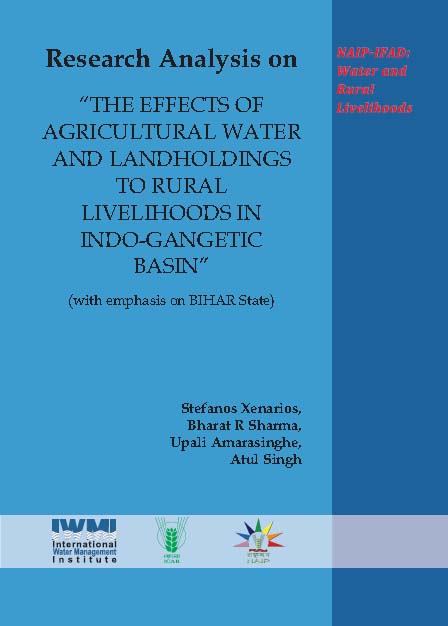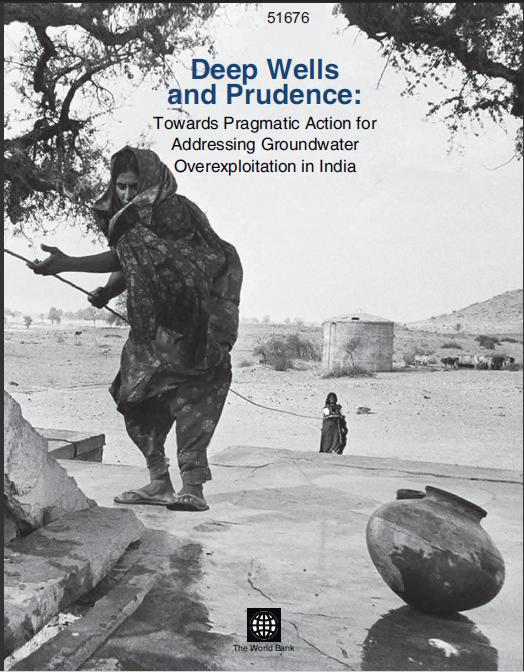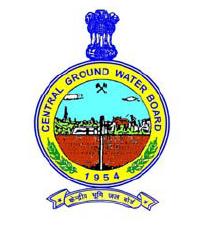/topics/groundwater
Groundwater
Assessing acute Gastroenteritis risks associated with water quality and sanitation in Hyderabad city - A paper by the Institute of Health Systems (IHS)
Posted on 19 Apr, 2011 11:35 PMThe quality of drinking water is a vital element of public health and well-being. The most effective means of consistently ensuring the safety of a drinking-water supply is through the use of a comprehensive risk assessment and risk management approach that encompasses all steps in water supply from catchment to consumer.
WHO guidelines on water quality term these approaches as water safety plans (WSPs), developed to organize, systematize and apply management practices in drinking-water quality.
The effects of agricultural water and landholdings to rural livelihoods in Indo-Gangetic basin – Research analysis by IWMI and ICAR with an emphasis on Bihar
Posted on 18 Apr, 2011 11:56 PM The current research analysis by International Water Management Institute (IWMI) in cooperation with ICAR Resear
The current research analysis by International Water Management Institute (IWMI) in cooperation with ICAR Resear
Dissemination of NDM-1 positive bacteria in the New Delhi environment and its implications for human health - An environmental point prevalence study published in The Lancet Infectious Diseases (2011)
Posted on 13 Apr, 2011 03:15 PMPlasmid-encoding Carbapenemase-resistant Metallo-B-Lactamase (PCM or NDM-1) is an enzyme that makes bacteria resistant, not only to a broad range of antibiotics such as carbapenems and other β-lactam, but also to multiple other antibiotic classes, leaving very few treatment options available, when a person gets infected with such bacteria.
Deep wells and prudence - Towards pragmatic action for addressing groundwater overexploitation in India - A World Bank document (2010)
Posted on 12 Apr, 2011 01:51 AM India is the largest user of groundwater resources in the world. It is estimated that approximately 230 cubic kilometers per year is used annually, this is more than a quarter of the total world consumption from this resource.
India is the largest user of groundwater resources in the world. It is estimated that approximately 230 cubic kilometers per year is used annually, this is more than a quarter of the total world consumption from this resource.
It is in this context that this World Bank report looks at the reasons for this quantum of groundwater usage.
The report delves into socio-economic and political reasons and looks at policies which inadvertently promote so much extraction. The report also analyses various attempts to manage this resource. These attempts range from government and international agency efforts directed to grassroots mobilisations. Finally the report comes out with suggestions to deal with this crisis.
Groundwater use in Aurangabad – A survey and analysis of social significance and policy implications for a medium-sized Indian city by GW MATE and World Bank (2008)
Posted on 12 Apr, 2011 01:17 AMAurangabad, a city in central Maharashtra is in a drought prone region, and being a rapidly urbanising town, is facing a lot of pressure on ots water resources. Besides importing water there has been an increasing trend of ground water extraction.
In this context, a survey of groundwater use was conducted as part of a World Bank study on Indian groundwater management. The study was a collaboration between GW MATE(Groundwater Management Advisory Team) and GRASP (Grass Roots Action for Social Participation), an Aurangabad-based civil society organization working on community-based natural resource management.
FES is looking for Senior Project Officers/Project Officers Water Management at Madanapalle(AP) - Apply by 20th April 2011
Posted on 08 Apr, 2011 06:22 PMContent courtesy: DevNetJobsIndia
 We work with 1,646 village institutions in 27 districts across six states, and assist the village communities in protecting 108,594 hectares of revenue wastelands, degraded forestlands and panchayat grazing lands. We support panchayats and their subcommittees, Village Forest Committees, Gramya Jungle Committees, Water Users Associations and Watershed Committees in order to improve the governance of natural resources.
We work with 1,646 village institutions in 27 districts across six states, and assist the village communities in protecting 108,594 hectares of revenue wastelands, degraded forestlands and panchayat grazing lands. We support panchayats and their subcommittees, Village Forest Committees, Gramya Jungle Committees, Water Users Associations and Watershed Committees in order to improve the governance of natural resources.
ITC Limited is looking for Programme - Officer, Watershed Development at Mysore - Apply by 24th April, 2011
Posted on 08 Apr, 2011 05:49 PMContent courtesy: DevNetJobsIndia
ITC Limited is one of India’s biggest diversified corporations. Its extensive social investments programme combines effective community participation and social organisation with increasing agricultural productivity and sustainable management of natural resources. They are concentrated in remote rural areas in different parts of India. In addition to focus on natural resources management, equal emphasis is given to off-farm livelihoods. To achieve excellence in its rural development programmes in Karnataka, ITC is looking for a dynamic and a highly motivated professional to spearhead its community development initiatives.
Third National Ground Water Congress & World Water Day 2011, Central Ground Water Board, 22nd - 23rd March 2011, New Delhi
Posted on 17 Mar, 2011 10:53 AM Organizer: Central Ground Water Board
Organizer: Central Ground Water Board
Venue: AP Shinde Symposium Hall, NASC Complex, ICAR, DPS Marg, PUSA, New Delhi.
Socio-economic implications of depleting groundwater resource in Punjab: A comparative analysis of different irrigation systems - An EPW paper
Posted on 01 Mar, 2011 06:00 PMIt argues that while the consequences of negative groundwater draft have mostly been viewed as an ecological disaster, the externalities of groundwater depletion pose greater concern for socio-economic equity in the access to this resource.





